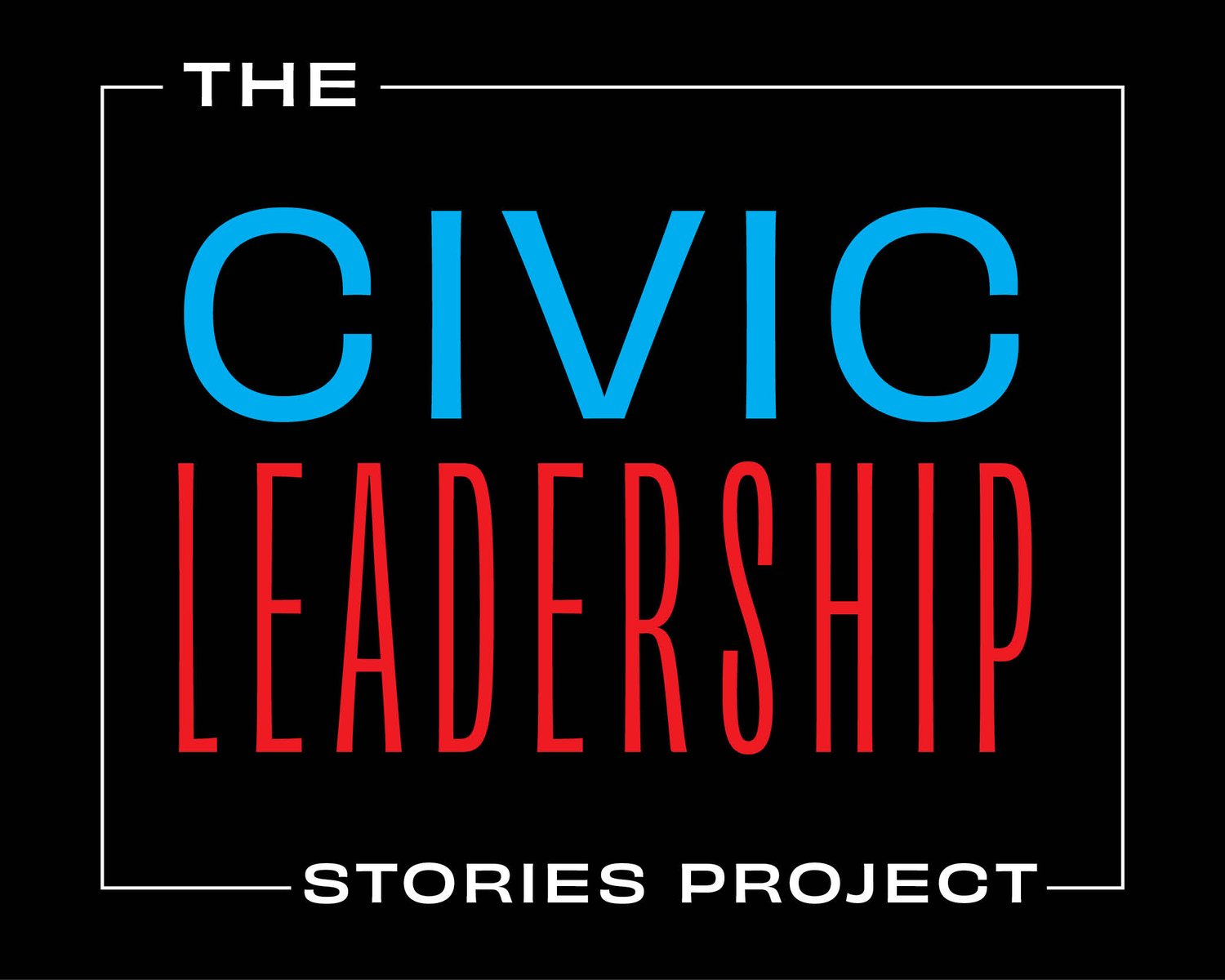Old Storyline #3: Government can’t help; it only gets in the way.
We all know stories about real (or imagined) government failures. The argument is regularly made that the private sector is more efficient and innovative than government, but the evidence isn’t so clear.
The decades-long assault on the credibility of government has been driven in part by special interests seeking to profit from privatizing public spaces and government services, including schools, prisons, parks, water, mail delivery, infrastructure, security, and social services.
Research by organizations such as In the Public Interest has exposed the often hidden costs of privatization of government services including the loss of democratic control, little or no cost savings, reduced service quality, loss of middle class jobs and reduced transparency. There are some goods and services that only government and democratic institutions can fairly and effectively provide.
If we can’t imagine and create a better government that represents and works for everyone, then we are all in trouble.
But there are other stories to tell.
New Storyline #3: Civic leaders building healthy, inclusive communities.
Some civic leaders fail to serve the public good because of their own incompetence or corruption. Others fail because they prioritize special interests or dangerous beliefs. When this happens, it is critical to show how communities hold them accountable and fix what damage they may have caused.
At the same time, not all public failures and disasters are the result of corruption or incompetence. Sometimes challenges are just too complex or overwhelming for a community or country to handle. In these cases, it can be valuable to realistically show the personal, relational, and structural causes for public failures as well as how civic leaders and their communities respond when failure happens.
There are many storylines in films and TV about efforts to get rid of bad leaders or survive government failures, but that doesn’t need to be the end of the story. Storylines can also show how civic leaders rebuild healthy communities in the aftermath of destructive leaders or disasters or how they come up with ways to prevent future problems.
These are challenging but essential stories to tell. Drawing on the examples of thousands of real life civic leaders, the Civic Solutions Story Library can help creators map out possible paths for their characters to take to build healthy, inclusive communities
WRITER'S RESOURCE
Civic Solutions Library
The Civic Solutions Library is a curated database of rigorous reporting on responses to social problems. Through a partnership with the Solutions Journalism Network, the library provides storytellers with the ability to find real life examples of effective or promising ideas and approaches— by issue, changemaker demographics, setting, and success factors.


